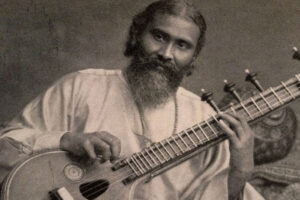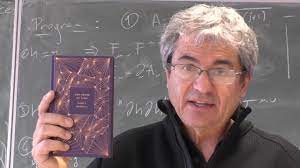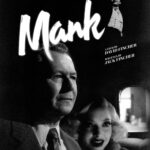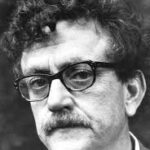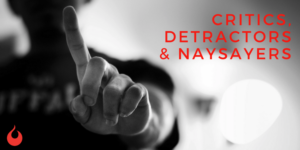[4-minute read]
“…The best lack all conviction while the worst / Are full of passionate intensity…”
W.B. Yeats, Irish poet, “The Second Coming” (1919)
(Surprise BONUS! You came for some Bertrand Russell, but this is a ROGO post! (Read One Get One, free!) William Butler Yeats was an Irish contemporary of Russell, the British thinker, and this fragment from an epic poem is a fine companion to what I have to say about what Mr. Russell had to say about doubt. All set?)
There were no philosophy courses in my undergraduate career. I barely squeezed in an English Lit survey course, and only after graduation did I add more English and even a history course. Meanwhile, if I had known myself better, I would have majored in English with Psych, History and Philosophy on the side – which is a long-winded and self-referential way of saying that I’ve never read Bertrand Russell at length.
Yes, it’s an example of what dear old Mr. Hill once wrote on one of my high school assignments – “this is the evil of Bartlett’s” – when he recognized my random and promiscuous leafing through Bartlett’s Familiar Quotations instead of reading anything in full and in depth. The great English philosopher, activist and ultimately one of our greatest advocates of global peace? He remains known to me mainly through a quotation here or there, most recently in a study guide to The Promise of World Peace, an epic 1985 open letter from the Bahá’í community’s leaders to “the peoples of the world”. Bertrand Russell was one of the most profound and respected voices of the 20th-century movement for international peace, long before it became a popular cause in the late 1960s and ’70s. Here, though, I am referring to his thinking about the value of doubt, of a scientific and skeptical cast of mind.
(So yes: Once again, I am Actually Am doing this! I am chiding myself (and you!) for settling for little scraps of wisdom from Bertrand Russell (and many others!), even as I add another entry to my He Said / She Said quotation mill. I do try to source the quotations, and track down whether S/He did in fact say it. I do put it in context, if in no other way than to offer insights into how this particular mind – that is, mine – dances around and tries to understand the words of others. Back to What HE Said…)
Below is a chunk of Bertrand Russell’s thought from 1922. He was 50, famous and at his peak though he would remain a vital intellectual force well into the 1960s. Alongside his public advocacy for peace, he was a noted apologist for the philosophy of skepticism (he wrote a book-length collection of essays on the subject, and would have been, ahem, rather “sceptical” about the way that Canadians tend to spell it now). For Russell, it was not some bitter unwillingness to believe anything, but rather an attempt to use our minds to seek truth via reason, through some approximation of the systematic investigations performed by scientists. He would have agreed with Yeats’s criticism, above, of the skewed and toxic certainty of people who adopt their beliefs unthinkingly, via emotional selfishness and tribalism. (See: “My country, right or wrong!”) Russell would not have accepted so easily that doubtfulness, the willingness to consider all sides of an issue, and indeed scientific thinking in general, are examples of the poet’s reference to good folk who “lack all conviction”. Russell took stands, acted on his convictions, often paid the price of widespread criticism, and wasn’t afraid to challenge publicly an idea that he had earlier championed.
But he was firmly convinced of the value of doubt. This is all the more medicinal in our times of deep fakes, distrust of authority, idiocy widely adopted and higher education routinely scorned. He wanted us to consider the relativity of truth, and its changing nature, but without giving up on the search for what is real and true:
None of our beliefs are quite true; all have at least a penumbra of vagueness and error. The methods of increasing the degree of truth in our beliefs are well known; they consist in hearing all sides, trying to ascertain all the relevant facts, controlling our own bias by discussion with people who have the opposite bias, and cultivating a readiness to discard any hypothesis which has proved inadequate. These methods are practised in science, and have built up the body of scientific knowledge. Every man of science whose outlook is truly scientific is ready to admit that what passes for scientific knowledge at the moment is sure to require correction with the progress of discovery; nevertheless, it is near enough to the truth to serve for most practical purposes, though not for all. In science, where alone something approximating to genuine knowledge is to be found, men’s attitude is tentative and full of doubt.
Bertrand Russell, in the Conway Memorial Lecture, March 24, 1922 “Free Thought and Official Propaganda”
I disagree with his conviction that science is the only route to true knowledge. He was a fearless critic of unthinking, barnacle-encrusted religious dogma, and good for him, though he may have thrown out the baby of genuine wisdom with the cold and sludgy bathwater of bigotry and superstition. But what good medicine against prejudice and foolishness if we could adopt that opening mantra None of our beliefs are quite true…

